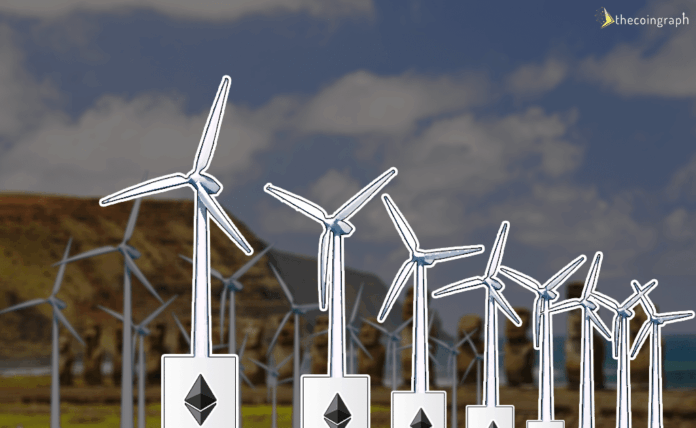South American nation Chile is considering the use of Blockchain technology for accurate recording of its energy data and statistics. On April 5, the National Energy Commission (NCE) of Chile announced the launch of the country’s first blockchain project.
“The NCE, a part of the company’s Energy Ministry, stated it would consider deploying energy data on the public Ethereum blockchain. It aims to “augment levels of security, integrity, traceability, and confidence in the information available to the public.””
The NCE said that it considers using the Blockchain technology that offers a higher level of security, traceability and integrity in comparison to the existing systems that are vulnerable to attack. Moreover, the Blockchain technology also helps to raise the standards of certifying the quality of data published by Chile’s energy sector thereby raising confidence for the public available information.
Reports show that the NCE has already started the work in this direction by committing data to the Ethereum blockchain which includes information like hydrocarbon prices, electricity-generation costs and capacity, marginal costs, average market prices besides many other things.
To begin with, the commission refers to the initial phase of this initiative as “Energia Abierta,” or “Open Energy.” After completing this stage, the commission will actively share the results with the government and other companies operating in the energy sector.
Andrés Romero, the executive secretary of NCE said: “The National Energy Commission has decided to join this innovative technology and we have decided to use blockchain as a digital notary, which will allow us to certify that the information we provide in the open data portal has not been altered or modified and left an unalterable record of its existence.”
Chile’s energy minister – Susana Jimenez – also showed optimism and high hopes in this regard by saying “We are interested in taking this technology from a conceptual level to a concrete case, understanding that it’s considered to be the most disruptive technology of the last decade by world-class experts, and that it could be part of day-to-day life in the next few years.“

